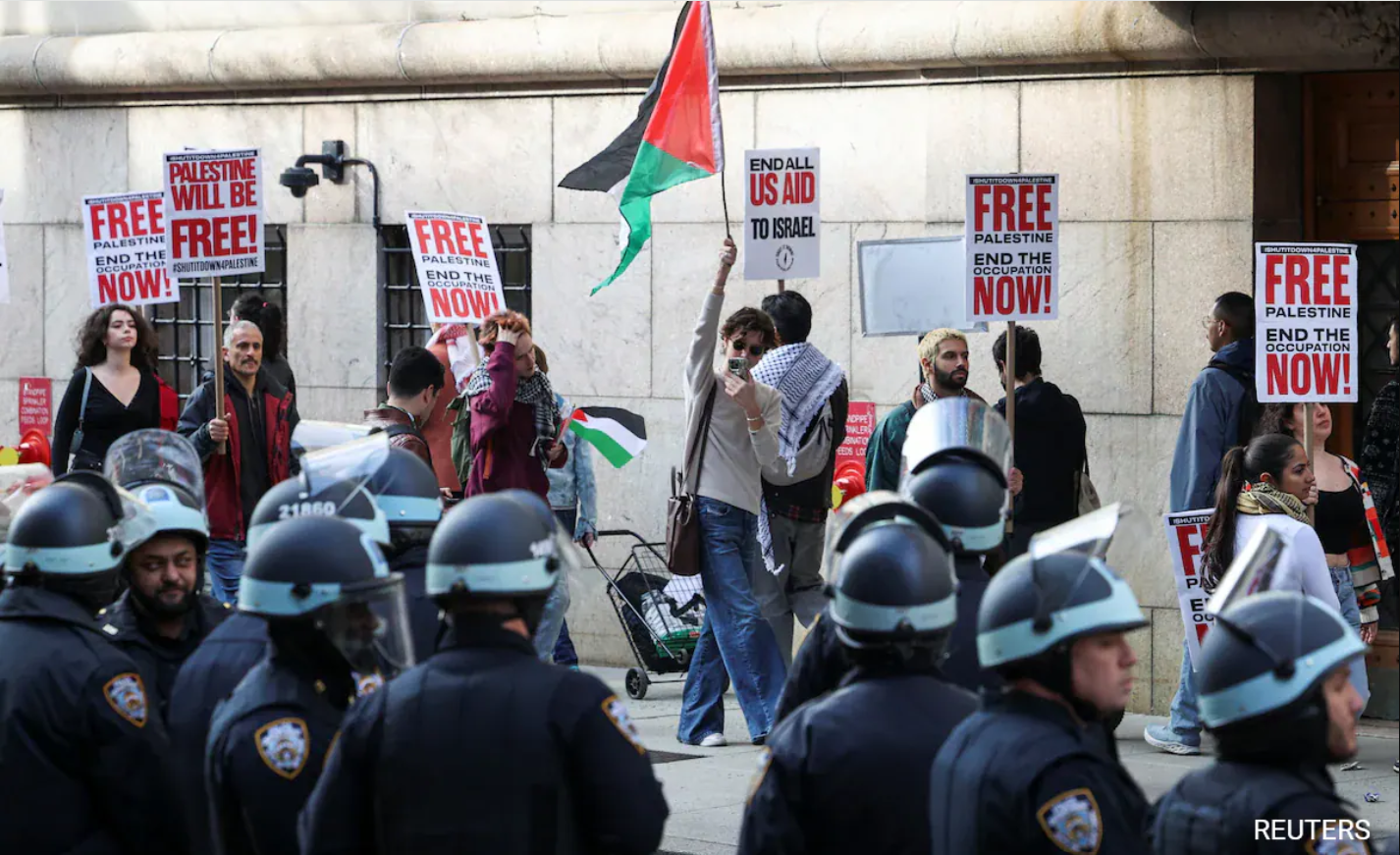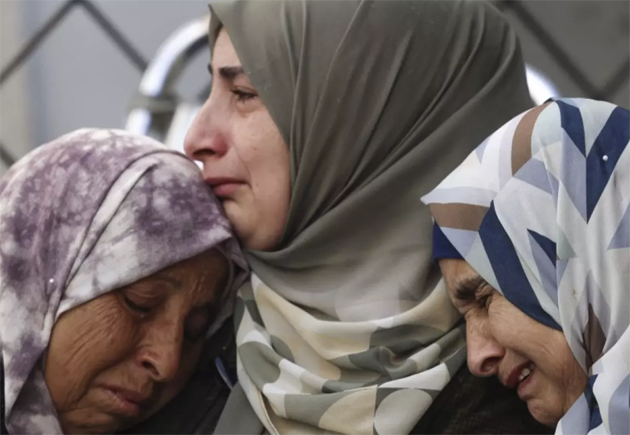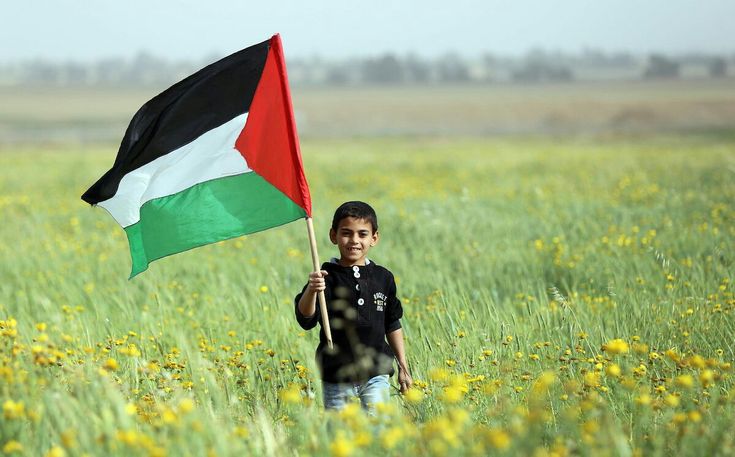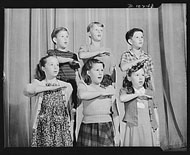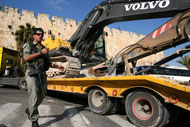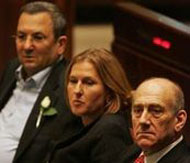
The US presidential elections are not the only race on the horizon for November. Much to everybody’s surprise, a Palestinian mukhtar, or elder, from the village of Sur Baher in east Jerusalem has joined the race to become the next mayor of Jerusalem. The election is still about six weeks away, but Zuheir Hamdan’s entry has shone a light on the upcoming event, and especially the living conditions of Palestinian residents in east Jerusalem. Hamdan claims that the current municipal government offers few services to the Palestinian residents of east Jerusalem, and most Palestinian residents would vigorously agree with him. While the Jerusalem municipality supposedly services all of the city's residents, it predominantly caters to the western sector of the city.
Today, Palestinians comprise more than a third of Jerusalem’s population, and that figure is likely to increase as average Palestinian growth rates are higher than Israeli rates. About 240,000 Palestinians have the right to vote in this election, but most do not, for a few particular reasons: 1) some object because voting would suggest that they recognize Jerusalem to be the capital of Israel; 2) there are never any candidates with whom Palestinians can relate; and 3) most Palestinians see it as a pure waste of time. The third is the most potent reason, and it is the situation on the ground that makes it so.
As a Palestinian resident of east Jerusalem and a blue ID holder, I’ve never seen anything to suggest that the Jerusalem city council cares in the slightest about its Palestinian residents, despite the fact that we pay thousands of shekels in Arnona (a municipal tax). Arnona itself elicits harsh feelings of injustice, being imposed on the Palestinian population of east Jerusalem after its occupation and subsequent annexation in 1967, and impacting Palestinian residents disproportionately hard. It is, in fact, more apparent to most east Jerusalem residents that the council wishes to make us feel what they think we are: second class citizens. My own neighborhood is a testament to that. The street I live on happens to be the main connecting road between Jerusalem and Ramallah, used by hundreds of cars, taxis and buses on a daily basis. Despite this, the street was in terrible condition for years, full of potholes and rubbish, until a USAID project financed the re-tarmacking of it. However, it has not been maintained since then and is starting to crumble away. There is also no garbage collection and disposal, no street cleaning, and no sidewalks to walk on, while sewage runs freely in many areas. The street lights (also funded and installed by USAID), are being rendered increasingly useless, as there is no maintenance for them either.
The description above is just of my street and neighborhood, but the neglect extends much farther. There are few if any sports facilities, playgrounds, public gardens or libraries in east Jerusalem. We must go to a central post office in Jerusalem (for Palestinians only) where more often than not, our mail is damaged or disappears completely. In addition, the Interior Ministry’s office, which deals with IDs, entry and exit visas, birth and death registrations etc., is like a fortress, packed daily with Palestinian residents who sit for hours waiting in hot rooms under very intense security scrutiny. This office is also for Palestinians only. One day I tried to go to the office in west Jerusalem. It was a large, clean, air-conditioned building, but it was for Israelis only. I was told I needed to go back to the east Jerusalem branch to finish my business. On my way back home, I went through two checkpoints and a third flying one and what should have been a 20 minute journey took me two hours.
Unfortunately, the above-mentioned problems are superficial compared to the more serious issues we face, such as home demolitions and land confiscation, which are on the rise. More than 300 homes have been demolished in east Jerusalem alone in the last three years, with hundreds more on the waiting list. Education-wise, schools are usually overcrowded and do not have access to all the necessary facilities, while teachers and students are hindered by checkpoints and closures.
I apologize for what seems like a long list of complaints, but the issues I have brought up so far do not even begin to scratch the surface of problems faced by all Palestinians. You may well ask why we Palestinian Jerusalemites do not protest and refuse to pay Arnona at all. To use a common phrase, the Israelis have us over a barrel. If we do not pay Arnona, Israel will revoke our residencies quicker than you can say human rights. Without our residencies, we would be forced to leave our homes as thousands of others have.
Segregation is not just a word to be associated with South Africa and the plight of black Africans who lived under Apartheid. No, Apartheid and segregation are alive and well in Palestine today, in Jerusalem and beyond. It is this knowledge that makes Palestinians averse to the idea of voting in what is, to them, a sham election. However, here is a Palestinian who may actually remain for the duration of it. He is not the first Palestinian to enter (Hana Seniora entered in 1989; Mousa Alian in 1998), but if he wins, he’d certainly be the first to triumph. If Hamdan continues to discuss the lack of services and discrimination towards Palestinian residents, he may even engage more Palestinians in the election process, but at the risk of losing non-Palestinian votes.
Running as an independent, Hamdan declares that he will represent Muslims, Christians and Jews in this race. Chairman of a co-existence forum in Jerusalem, he also claims he has many Israeli friends and has distanced himself from the Palestinian Authority and the Israeli-Palestinian conflict. He faces a colorful bevy of candidates. For example, Aryeh Deri, backed by the Shas political party, is an MK and ex-convict, found guilty of accepting financial bribes. MK Meir Porush, representing the United Torah Judaism party, is a conservative Orthodox Jew and a Haredi, who consider their belief system to descend directly from the time of Moses in an unadulterated form. As a result, they consider non-Haredi denominations to be deviations from ‘pure’ Judaism. Kadima member Nir Barkat is a businessman and probably the most secular of them all.
Realistically, Hamdan’s chances of victory are slight no matter what he does. The main reason he is not likely to win is simple mathematics. More than 60 percent of the population of Jerusalem are Israelis who, for the most part, will not vote for a Palestinian, no matter how hard he tries to distance himself from that fact. Interestingly enough, when reading about his candidacy in Israeli and Jewish newspapers, I noticed that they do not refer to him as a ‘Palestinian’ candidate, but an ‘Arab’ candidate. It is as if they are scared of the term and all it suggests. God forbid – there may actually be Palestinians living in Jerusalem!




